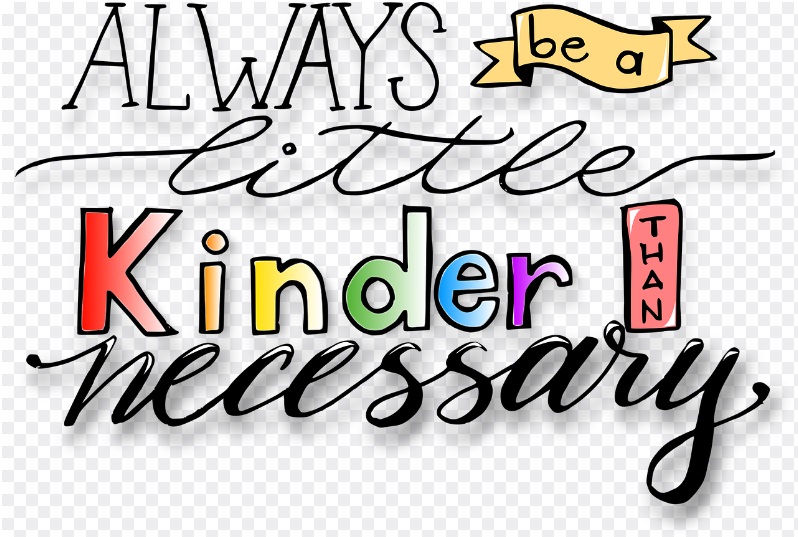Making a difference in someone’s life is a lot easier–and takes a lot less time–than you probably think.
Read the article:
and decide if the the sentences below are true, false or no such info is given:
1. Volunteers play a crucial role in the success of large events.
2. David Head was a paid employee at the GrowCo event.
3. David Head was disappointed to be a volunteer at the event.
4. David was indifferent to Cuban’s appearance.
5. Both local and national media were competing for Mark Cuban’s attention.
6. Cuban arrived late for the event.
7. The author was far away from the door when the group passed by.
8. Mark Cuban is known for his strict attitude towards time management.
Key: 1. T; 2. F; 3. NG; 4. F; 5. T; 6. NG; 7. F; 8. NG
Glossary
- backbone – a chef system; most substantial part of something
- to man – to be present in order to operate something, such as equipment or a service
- to angle for something – to try to get something you want without asking directly for it
- oblivious – unmindful; unconscious; unaware; forgetful
- a cog in the machine/wheel – (informal) a person who is a small part of a large organization
- to mesh – to suit each other or work well together
- to be off point– not discussing the exact topic that is being talked about
- off task – distracted; off-focus
Practice makes perfect
Word formation: Change the word in CAPITALS to fill in the blanks.
In the U.S., it is a given that those who are good at what they do earn status—respect, 1. ………… [PRESTIGIOUS], 2. ……….. [ADMIRE]. Being nice comes second. But that is not true everywhere. Different cultures have different values, and to climb the social ladder, you have to embody those values. In a recent paper in Organizational Behavior and Human Decision Processes, Carlos Torelli, a marketing professor at the University of Minnesota, compared the influence of individualism and collectivism on notions of status. He and his collaborators found that European-Americans were more likely than Latin Americans to demonstrate 3. ……….. [COMPETENT]—for instance, solving tough problems at work—as a strategy for earning professional respect, whereas Latin Americans were more likely to demonstrate 4. ………. [WARM] , perhaps by volunteering to help co-workers.
Further, people who are individualist see status as a sign of competence but not warmth, whereas people who are collectivist associate warmth but not competence with status. Failing to recognize these cultural differences can create conflict and 5. ………… [DISAPPOINTED] if, for instance, you and your superior are using different metrics to judge your 6. …………. [PERFORM].
“This stream of research is rooted in my 7. ………… [OBSERVE] about differences in 8. ……….. [POLITICS] in Latin America and the U.S.,” Torelli says. In the U.S., candidates often run on their business chops—Mitt Romney and Michael Bloomberg fit this mold. But in Latin America, he observes, “populist leaders are often idealized as selfless benefactors who 9. ………. [GENUINE] care for the well-being of their people—think Salvador Allende or Hugo Chávez.”
In order to read the whole article/check your answers, go to: https://www.scientificamerican.com/article/kindness-boosts-status-in-some-cultures/
Key: 1. prestige; 2. admiration; 3. competence; 4. warmth; 5. disappointment; 6. performance; 7. observations; 8. politicians; 9. genuinely
Complete the sentence gaps with the words in bold below.
Make sure you use the right verb forms.
oblivious to angle off point backbone
to man buzz to mesh cogs
1. When processes are so complex nobody really understands them, employees feel like anonymous ….. in a big machine.
2. She was obviously …………. for an invitation.
3. I couldn’t sleep because of the ………before the show.
4. She was ………….. of his admiration.
5. This of course ………. with the economic philosophy of those on the left.
6. Working men and women are the ………….. of America’s economy.
7. I think we’re getting a little ……….. here.
8. The phones are ……… 24 hours a day.
Key: 1. cogs; 2. angling; 3. buzz; 4. oblivious; 5. meshes; 6. backbone; 7. off point; 8. manned
To quote John Templeton:
It is nice to be important, but it’s more important to be nice.
(4543)






